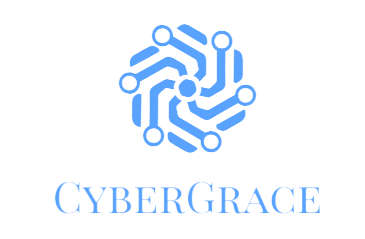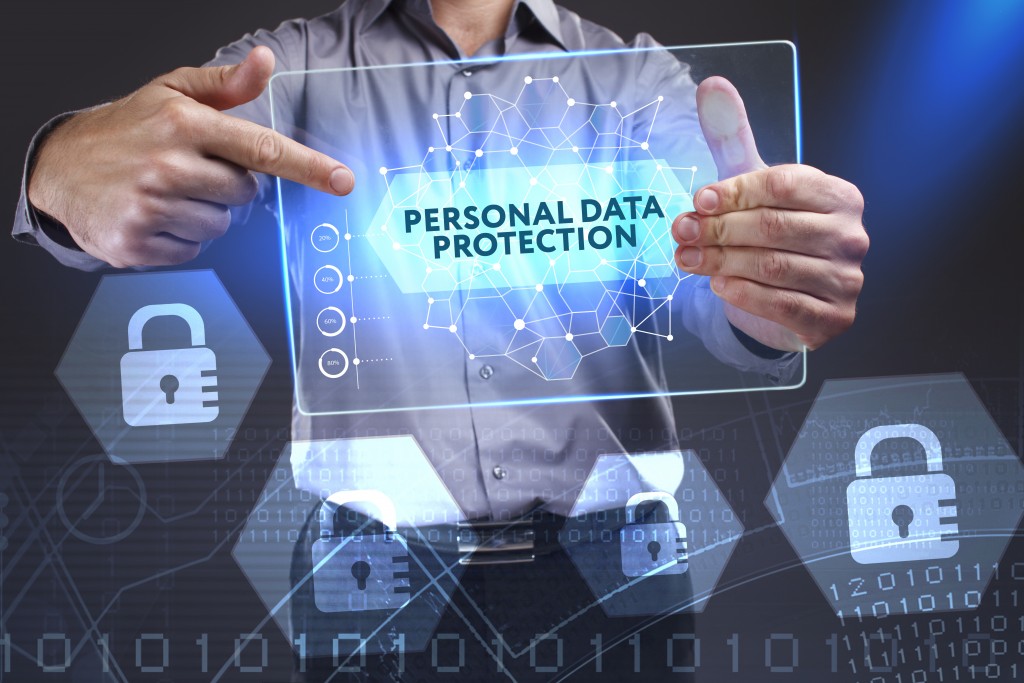You will hear news about people and businesses losing their important assets and data to breaches now and then. In this generation, you can easily say that security breaches are as common as house burglary. And this is something that you should prioritize.
Your data security is important, whether you’re a private individual or someone running a business. Your financial records, trade secrets, and investment records need to have the best protection possible; otherwise, your reputation runs the risk of being tarnished, and you may lose a lot of money. While you may be using advanced computers and equipment, such as Intel NUC 8, you still need to be aware of the risks you are possibly dealing with every day.
Here are some of the pointers you may want to keep in mind:
Make sure your data is encrypted
Encryption is one of the basic measures that you should have in your system. This will help you protect your online transactions. You can use a software application that scrambles and randomizes the information that you send through the Internet. When visiting websites, it’s wise to check for a “lock” icon on your browser’s status bar. When you see this icon, you have the assurance that the information you send over is protected and encrypted.
Protect your password
Your passwords are keys that help you accomplish transactions and perform certain online tasks. And when an intruder or a social engineer easily guesses your password, chances are your entire data repository, and online accounts will be thieved and compromised. Never use passwords, such as your birthday or “1234.” Strengthen your passwords, and see to it that they are not easy to guess. To organize your passwords, it is recommended that you use a reliable and trustworthy password manager. For your mobile devices, add another layer of security, such as biometrics-based measures.
Be wary about emails and suspicious links

Most of the time, intruders and social engineers target victims through emails. Some of them pose as legitimate organizations, such as banks or credit companies, inciting panic by telling you that your account has been hacked and that your important credentials are needed to deal with it. Legitimate organizations will never ask for your password and other pertinent details, so always make sure to read the sender’s email address. And while you are at it, do not click any link, as it may trigger problems, such as ransomware.
Constantly test your security parameters
Installing an anti-virus program may seem like a no-brainer, but is it enough? The best thing you should do is conduct a total audit of your security system, especially if you are running a business. A third-party test will reveal the loopholes in your security system. But before you hire a professional organization, make sure that your prospect is actually trustworthy, reputable, and reliable.
Security as a priority
You have to establish with yourself that security is a priority, knowing that your data is one of your lifelines and that it heavily depends on your level of privacy. Do what you must to secure your online assets and work with partners with a proven track record.

